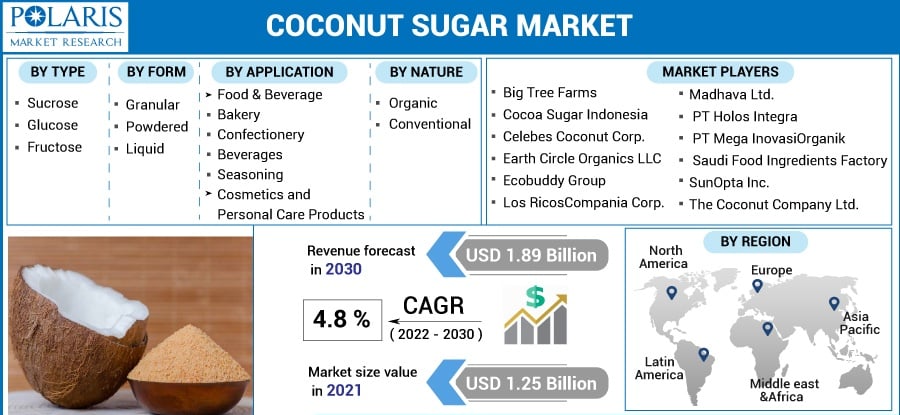Market Insights: Global Demand for Organic Coconut Sugar in 2025
An in-depth analysis of the rising global demand for organic coconut sugar in 2025, highlighting key markets, driving trends, and export opportunities for Indonesian producers.
Admin
8/2/20252 min read


Introduction
As the global market shifts toward healthier and more sustainable food options, organic coconut sugar continues to gain traction as a preferred alternative to refined sugars. In 2025, this trend is accelerating due to increasing consumer awareness, government regulations favoring organic products, and strong demand from food and beverage manufacturers worldwide.
1. Growing Health Consciousness Globally
Consumers are becoming increasingly aware of the negative health impacts of high glycemic sweeteners like cane sugar and corn syrup. Organic coconut sugar, with its low glycemic index and natural production methods, is gaining favor among health-conscious individuals, especially in North America, Europe, and parts of Asia.
2. Rising Demand in the Food & Beverage Industry
Major food and beverage companies are reformulating their products to include natural and organic sweeteners. Coconut sugar is being used in energy bars, baked goods, beverages, sauces, and even dairy alternatives due to its mild caramel taste and clean-label appeal.
3. Key Markets Driving Demand
The United States, Germany, the Netherlands, Japan, and South Korea are among the top importers of organic coconut sugar in 2025. These countries have well-established organic markets, supported by strong retail presence, consumer demand, and regulatory standards that support organic trade.
4. Indonesia’s Strategic Advantage
Indonesia, as one of the world’s largest producers of coconut sugar, enjoys a unique competitive edge. The country offers a stable supply chain, large organic-certified coconut farming areas, and producers experienced in meeting USDA Organic, EU Organic, and JAS certifications. Moreover, the Indonesian government's support for organic exports further strengthens its global positioning.
5. Sustainability as a Key Selling Point
Coconut sugar is recognized for its sustainable production process — it is made from the sap of coconut blossoms, a resource that does not require tree cutting and promotes biodiversity. Buyers in Europe and the U.S. are particularly drawn to coconut sugar’s low environmental footprint, making it a favored ingredient in eco-conscious brands.
6. Challenges and Opportunities
While opportunities abound, exporters must navigate price volatility, quality consistency, and certification requirements. However, those who invest in transparent sourcing, sustainable farming, and export-ready packaging will be best positioned to scale in 2025 and beyond.
Conclusion
The outlook for organic coconut sugar in 2025 is exceptionally positive, with demand projected to grow steadily across major economies. For Indonesian exporters, this is the time to capitalize on global momentum, showcase product quality, and secure long-term partnerships in premium markets.



